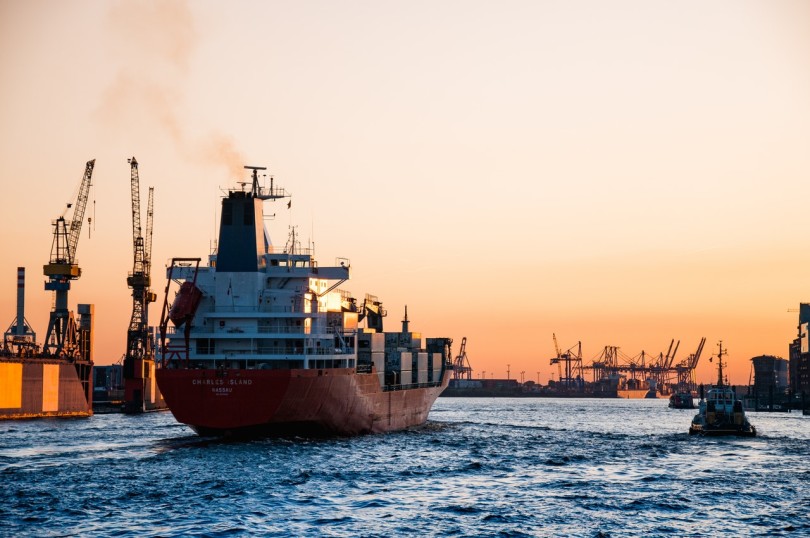How does Battery Energy Storage work?
19 Apr 24
Enviro ChatThe Global News Source for the World of Science and Chemicals
16 January 2020
Chem Chat
The UAE has indicated that it will exercise leniency as new marine fuel regulations come into effect on January 1st 2020, causing oil tanker companies across the globe to breathe a sigh of relief. The announcement was made by the chairman of the UAE’s Federal Transport Authority (FTA) Abdullah Al Nuaimi, who intimated that the new rules would be enforced gradually.
The news is significant given the strategic location of the port of Fujairah, which receives thousands of oil tankers every year as they stop to refuel on the way to other destinations in the Arab Gulf. The UAE ratified the regulations, introduced by the International Maritime Organisation in April 2019, but won’t be implementing them with an iron rod at the outset.
The UAE’s position has been explained by Al Nuaimi, who said that penalties for non-compliance would not be imposed on a blanket basis right from the beginning of the new year. “It's very important to realise that we look at things not in terms of “’Either you do this, or you will be paralysed',” he said. “We think: 'What would be the easiest way for you to operate within our environment?'”
As such, the UAE is conscious of Fujairah’s importance as a stopping-off point and recognises the difficulties that many shipowners will face in complying with the legislation immediately. Indeed, some commentators have speculated that it might take as long as two years for the industry to achieve full compliance, although it’s expected that most ships will be ready to adapt straight away.
Despite the purported initial lax attitude to enforcement of the rules, the FTA do have the authority to impose fines and punish transgressors – and they ultimately will, said Al Nuaimi. But while such penalties might not be implemented right from January 1st, ships with the wrong kind of fuel in their tanks will still be rejected by Fujairah authorities.
Shipping interests have been advised that they must notify the FTA if they plan to dock at Fujairah or any other UAE port in a vessel which uses non-compliant fuel. Al Nuaimi also warned that random spot checks will be in place and that those tankers who have not declared their fuel content correctly and are found to have transgressed will not be shown leniency.
Sulphur is the key ingredient in oil tanker fuel which has prompted the introduction of the new legislation. The percentage of sulphur in the fuel greatly affects its environmental performance, with anything above 0.5% sulphur content now outlawed by the IMO regulations. At present, around 3.5% of all fuel used in shipping tankers worldwide would fall afoul of the laws.
Some countries have indicated that they are willing to impose strict financial penalties and even jail terms for those who do not comply. It’s thought that Fujairah will eventually follow suit, but wishes to protect its own business interests and those of the tankers which frequent it in the short term, affording them a grace period in which to achieve compliance.
DOWNLOAD PDF

2 Day Seminar Program
@ ArabLab+ 2024
24 & 25 September 2024
Your stay in Dubai
Labkit
Product News
Chemkit
Product News
Thinking about exhibiting at ARABLAB 2024? Watch our video to find out more.
Join the world’s leading organisations…
Join our mailing list and receive the ARABLAB newsletter and event updates.